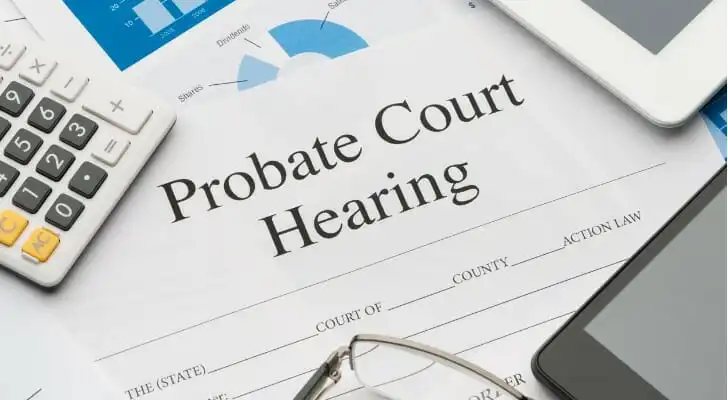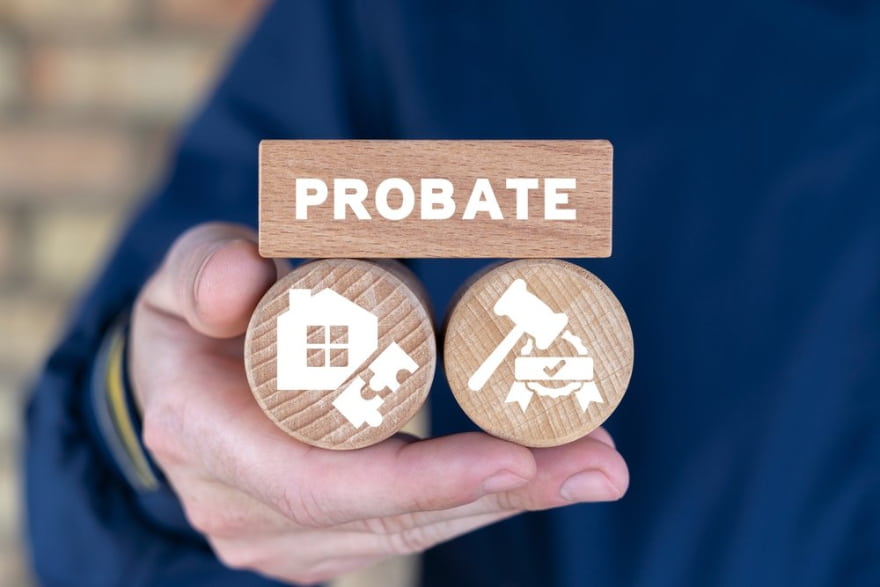Navigating the intricacies of Texas probate law can feel like deciphering an ancient manuscript, especially when it comes to understanding deeds and titles. These crucial components play a vital role in the administration of an estate, influencing how property is transferred and ensuring that the deceased’s wishes are honored. This comprehensive guide will demystify deeds and titles within the context of Texas probate law, offering clarity on their significance, types, and the processes involved in managing them.
Introduction to Deeds and Titles
To grasp the essence of deeds and titles, it’s essential to distinguish between the two. A deed is a legal document that transfers ownership of property from one party to another. It serves as the official evidence of the transfer. On the other hand, a title represents the legal ownership of the property, encompassing the rights to use, control, and dispose of it. While the deed is the vehicle of transfer, the title is the ultimate proof of ownership.
The Role of Deeds and Titles in Probate
When a property owner passes away, the management and transfer of their real estate holdings become a central aspect of probate. Probate is the legal process through which a deceased person’s estate is administered, debts are settled, and assets are distributed. Ensuring clear and lawful transfer of property ownership involves careful handling of deeds and titles.
Types of Deeds in Texas

In Texas, several types of deeds are used to transfer property, each with specific implications and uses:
- General Warranty Deed: This deed provides the highest level of protection to the buyer, guaranteeing that the seller holds a clear title to the property and has the right to transfer it. It also assures that the property is free from any encumbrances, except those explicitly stated in the deed.
- Special Warranty Deed: Unlike the general warranty deed, this deed only guarantees that the property was free of encumbrances during the time the seller owned it. It does not cover issues that may have arisen before the seller acquired the property.
- Quitclaim Deed: This deed transfers any interest the grantor has in the property without making any warranties about the quality of the title. It is often used to clear up title issues or transfer property between family members.
- Deed of Trust: This deed involves a three-party arrangement where the borrower conveys the property title to a trustee as security for a loan, with the lender as the beneficiary. It functions similarly to a mortgage.
The Probate Process and Property Transfer
The process of transferring property during probate can vary based on whether the deceased had a valid will (testate) or did not have a will (intestate).
Testate Probate Process
When a valid will exists, the executor named in the will is responsible for managing the estate, including the transfer of property. Here’s how the process typically unfolds:
- Filing the Will: The executor files the will with the probate court in the county where the deceased resided. This initiates the probate process.
- Validating the Will:The court validates the will, ensuring it meets all legal requirements.
- Inventory and Appraisal: The executor compiles an inventory of the deceased’s assets, including real estate, and has them appraised.
- Settling Debts: The executor pays any outstanding debts and taxes from the estate.
- Distributing Assets: The executor distributes the remaining assets according to the terms of the will. This includes executing the necessary deeds to transfer property to the beneficiaries.

Intestate Probate Process
If there is no valid will, the estate is considered intestate, and the property is distributed according to Texas intestacy laws. Here’s a step-by-step outline:
- Appointing an Administrator: The court appoints an administrator to manage the estate. This is often a close relative of the deceased.
- Inventory and Appraisal: The administrator compiles an inventory of the estate’s assets and has them appraised.
- Settling Debts: The administrator pays off any debts and taxes owed by the estate.
- Determining Heirs: The court determines the rightful heirs based on intestacy laws.
- Distributing Assets: The administrator distributes the estate’s assets to the heirs, including transferring property through the appropriate deeds.
Title Issues in Texas Probate
Title issues can complicate the probate process, potentially delaying the transfer of property and leading to disputes. Common title issues include:
- Unclear Ownership: If the title history is unclear or if previous transfers were not properly recorded, it can be challenging to establish clear ownership.
- Liens and Encumbrances: Outstanding liens or encumbrances on the property can complicate the transfer process.
- Heirship Disputes: Disputes among potential heirs regarding their entitlement to the property can lead to legal battles and further complicate title transfer.
Resolving Title Issues
To resolve title issues, the executor or administrator may need to take several steps:
- Title Search: Conducting a thorough title search to identify and address any issues with the property’s history.
- Clearing Liens: Paying off any outstanding liens or negotiating their release.
- Quiet Title Action: Filing a quiet title action in court to resolve disputes and establish clear ownership.
- Heirship Affidavit: Using an heirship affidavit to establish rightful heirs when a will is absent or unclear.

Avoiding Probate with Transfer on Death Deeds
In Texas, property owners can avoid probate for real estate through the use of Transfer on Death (TOD) deeds. A TOD deed allows the owner to designate a beneficiary who will receive the property upon the owner’s death, bypassing the probate process. This deed must be recorded with the county clerk during the owner’s lifetime and can be revoked at any time before death.
Legal Assistance and Resources
Navigating the complexities of deeds and titles during probate can be daunting without professional guidance. Engaging a probate attorney can provide invaluable assistance in managing the legal intricacies, ensuring compliance with Texas probate laws, and addressing any title issues that may arise. Additionally, the Texas State Law Library and local county clerk offices are valuable resources for obtaining necessary forms and information.
Practical Tips for Executors and Administrators
To facilitate a smoother probate process, consider the following practical tips:
- Organize Documentation: Maintain a well-organized file of all relevant documents. This file should include the will, deeds, titles, and any correspondence related to the estate.
- Communicate Clearly: Keep open lines of communication with beneficiaries, heirs, and legal professionals to avoid misunderstandings and conflicts.
- Stay Informed: Familiarize yourself with Texas probate laws and procedures to ensure compliance and avoid potential legal pitfalls.
- Seek Professional Advice: When in doubt, consult with a probate attorney to navigate complex legal issues.
Case Studies: Real-Life Examples
To further illustrate the complexities and solutions in managing deeds and titles during probate, let’s consider a couple of real-life examples:
Case Study 1: Clearing Title Issues
John, the executor of his late aunt’s estate, discovered that the property’s title had several outstanding liens from previous owners. By conducting a thorough title search and negotiating with lienholders, John successfully cleared the title. This enabled a smooth transfer to the designated beneficiaries.
Case Study 2: Navigating Intestate Probate
Maria, appointed as the administrator of her brother’s estate, faced challenges in identifying and proving the rightful heirs. By using an heirship affidavit and working closely with the probate court, Maria was able to establish a clear heirship. She was also able to distribute the property according to Texas intestacy laws.
Conclusion: Navigating Deeds and Titles with Confidence
Anyone involved in the probate process in Texas must understand deeds and titles. Whether you’re an executor, administrator, beneficiary, or potential heir, understanding these concepts will help ensure a smooth and lawful transfer of property. By familiarizing yourself with the types of deeds, the probate process, and common title issues, you can navigate the complexities of Texas probate law with confidence and clarity.
Ultimately, the journey through probate can be challenging, but with the right knowledge and resources, you can honor the deceased’s wishes, settle the estate effectively, and ensure a fair distribution of assets. Remember, seeking guidance from legal professionals and leveraging tools like TOD deeds can further streamline the process, providing peace of mind for all parties involved.








